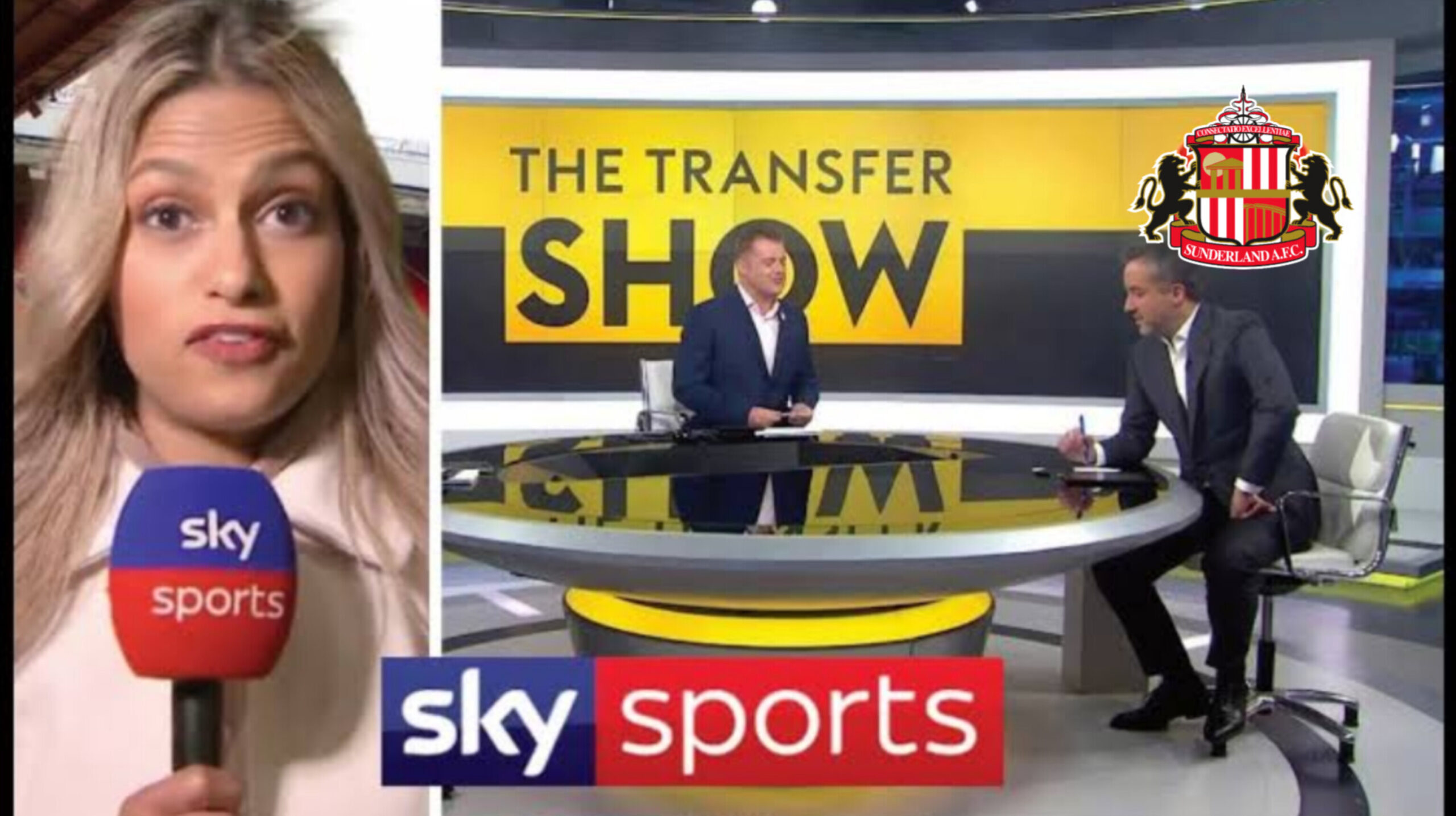Wolves secured a contract extension for Matheus Cunha during the January transfer window, but just how beneficial was the deal for the club?
There is little doubt about who the standout player at Molineux is at the moment, as Cunha continues to deliver exceptional performances well beyond expectations.
With the Brazilian forward attracting considerable interest from other clubs, Wolves’ decision to tie him down to a new contract was widely regarded as one of their smartest moves of the winter market.
However, the negotiations were far from straightforward. At times, discussions stalled, casting doubt on whether an agreement would be reached.
Eventually, Wolves managed to finalize the deal, but questions remain over whether the terms truly favor the club.
Concerns Over Matheus Cunha’s Contract Following Wolves Extension
Although the new contract secures Cunha’s services until at least the end of the current season, it seems increasingly likely that his time at Molineux will come to an end this summer.
His new deal includes a release clause set at approximately £62.5 million—a figure that journalist Liam Keen recently analyzed on the E&S Wolves Podcast.
“At this point, there’s no indication that any additional clauses or incentives are attached to the deal,” Keen explained.
“It’s a straightforward £62.5 million release clause—not one triggered by relegation, just a standard clause. We fully expect that it will be activated, meaning Cunha will likely leave in the summer.”
However, a particular detail about the clause has raised concerns for Wolves supporters. Keen elaborated on a specific condition that could impact how the transfer plays out:
“One aspect of the clause that I found really interesting is that some suggested release clauses like this typically require the full amount to be paid upfront.
That can sometimes lead to clubs offering a higher fee just so they can spread payments over time, making the deal more financially viable under Profit and Sustainability Rules (PSR).
“I looked into this, and it turns out that’s not the case with Cunha’s contract. While the £62.5 million won’t be paid entirely upfront, a portion of it will be, with the rest structured across several years.
Since the payment plan is already built into the contract, clubs won’t have to bid over the release clause just to negotiate installment payments.
Wolves, in turn, have the right to decline any alternate payment structures if they choose.”
In practical terms, this means that while Wolves are set to lose their most valuable player for a fee that arguably undervalues his contributions, they also won’t receive the entire sum immediately.
This lack of an immediate financial boost could be a disadvantage when reinvesting in a replacement.
Rushed Contract Terms Could Prove Costly for Wolves
Despite the club preparing to break their record for an outgoing transfer, the finer details of the deal suggest it may not be as advantageous as it appears on the surface.
During the podcast discussion, Keen shared his belief that Cunha is worth closer to the “low £70 million range,” noting that the agreed release clause is lower than what Wolves would have ideally wanted.
Given that the Brazilian has been directly involved in nearly 46% of Wolves’ Premier League goals this season, allowing him to leave for a sum below his perceived market value—without receiving the full amount upfront—is a concerning move.
It appears that the deal may have been rushed, driven by the strong interest in Cunha during the January window and the eagerness of his representatives to explore transfer opportunities at the time.
While the Brazilian’s departure in the summer seems all but certain, Wolves now face a significant challenge in sourcing a suitable replacement, particularly without the benefit of an immediate financial windfall from his sale.






